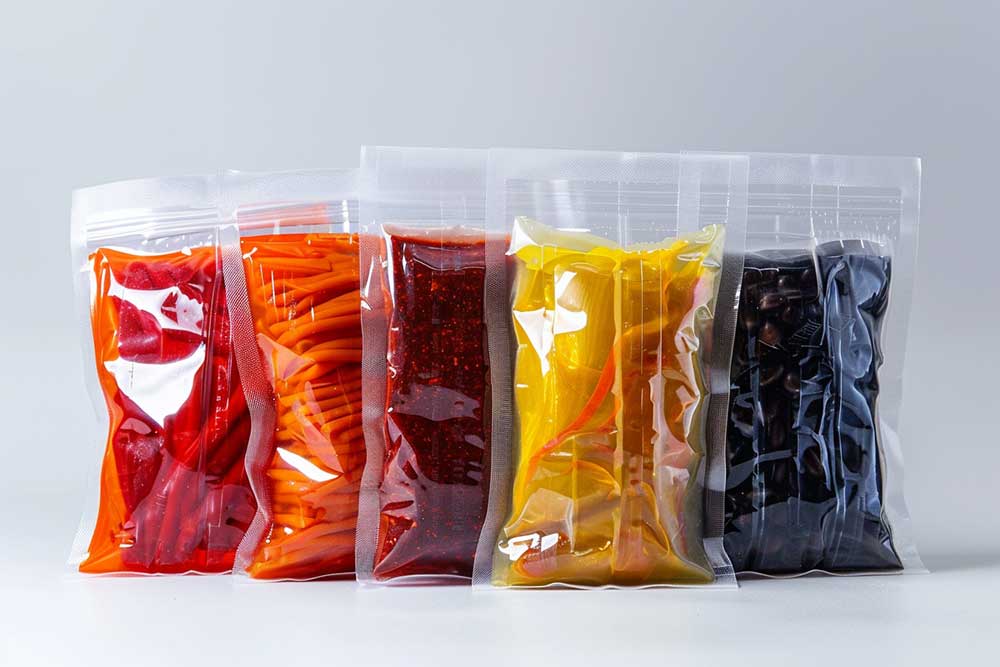Plastic bags contain a message that I believe each person should be aware of: The environmental cost of consuming plastic bags.
The use of the plastic bags is now a routine affair because of the ease that is associated with the use of the bags. But the harm that these plastic bags have caused on the environment is something that we cannot even attempt to fathom. I have selected single-use plastic bags because they are one of the most common and easily disposed of plastics and can easily fly away as litter.
It is estimated that every year around 500 billion to 1 trillion pieces of plastic bags are consumed globally. In the United States, for instance, it is estimated that approximately 100 billion plastic bags are produced every year. The manufacturing and utilization of these bags pose several social impacts throughout the bag’s life cycle.
The Making of Plastic Bags Involve a Lot of Resource Utilization and Energy Consumptions
The creation of plastic bags uses both petroleum and natural gas for making the bags themselves, then the energy used to move the raw materials, make the bags, and get them to suppliers. Use of plastic bags involves emission of greenhouse gases and air pollutants during their manufacture and transportation.
The majority of plastic bags, if not all, are made of polyethylene and it is estimated that one trillion plastic bags require their worth in 12 million barrels of oil. The manufacturing process also involves the use of water and energy for cooling machinery and to obtain requisite temperatures for the production.
Achievement: Plastic Bags Cause Wastes and Pollutions
Out of all the plastic bags that are used in the world, it is reported that only 5% that are used are recycled. They are buried in landfill, left on the streets or pollute water sources or are burnt in an uncontrolled manner. Another problem associated with the use of plastic bags is that they can take 300 years or more to degrade into small particles that pollute the soil and water sources.
Plastic bags are very light and thus can be blown away by the wind and any other sources of air currents available. This leads to bags being thrown all over cities, hanging from branches or fences, blocking storm drains, and entering bodies of water. In 2014, it was estimated that the percentage that plastic bags contribute to the overall plastic pollution in oceans was around 2%. Every year bags are picked through coastal clean up campaigns; the figure standing at over one million.
Plastic bags in the sea are often ingested by marine animals and seabirds mistaking the bags for their prey or by chance. For instance, seagulls eat polyethylene caps, considering them to be a type of food that resembles bread crumbs, while sea turtles mistake plastic bags for jellyfish so this invades their digestive tract and kills them. Another adverse impact of plastic bags which is often overlooked is the act through which, when caught on branches or fences, they drop invasive plant species.
Thus, the negative health impacts of plastic bags cannot be ignored by the public as well as the authorities.
When the plastic bags degrade into microplastics due to light or sun exposure, the particles go into the food chain from the small fish to the bigger fish. When the animals feed on small pieces of these plastics, toxins are produced after the accumulation of the plastics in the body of the animals. Such toxins accumulate within the tissues of living organisms and are passed on to the higher trophic level with adverse effects on both animals and human beings.
Researches have been conducted which reveal that various poisonous substances from plastic migrate to the tissues of animals and demoralize the reproductive possibilities in species. Of similar concern is the risks that people are exposed to when they consume fish that have been affected by plastic toxins. Bisphenol A and PS oligomer have been cited as endocrine disruptors, which in turn affect the human reproductive system and cause developmental complications in children.
Likewise, these bags find their way into water systems where they block drainage systems and offer a conducive environment for bacterial growth since they are virtually indestructible. Bacteria quickly colonize the plastic and any pathogens such as E. coli or Salmonella are able to infiltrate water systems with the breakdown of the bags.
Measures to Oppose the Use of Plastic Bags
The most efficient way of addressing the issue and reducing the threat is the removal of single-use plastic bags and putting privileges on them. Currently, more than 127 countries have either proposed or enacted legislation to address bag usage. While some governments opt to completely outlaw thin bags, other slightly rigid bags that can be reused are still permissible.
Another tactic that various European countries like Ireland and Denmark apply involves placing a tax on the use of plastic bags. This way, the free service of collection is accompanied with a small fee, which makes people retain the plastic bags or use reusable ones more sparingly. By a few months after the introduction of the tax, the use of the plastic bags may decrease to as low as 10%.
Another significant campaign includes the promotion of reusable bags. Customers are urged to use their own bags ever since many organizations have adopted environmentally friendly policies and offer discounts to customers who return with reusable bags. However, the ideal approach that is most effective in the long run is that which aims to minimize the waste that is generated before the products are manufactured. Paying for products that are packed sustainably and boycotting products that come in plastic packaging is the best way to decrease the amount of harm done to the environment.
The numbers of the single-use plastic bags in global consumption are staggering which have drastic environmental impacts right from the manufacturing process to the usage phase. Thus, it can be vastly enhanced by regulation, education, and people’s conscious choice as consumers. One example of a gesture that can be made is the refusal of a plastic bag because when multiplied by 7 billion people, it will result in a significant impact.



